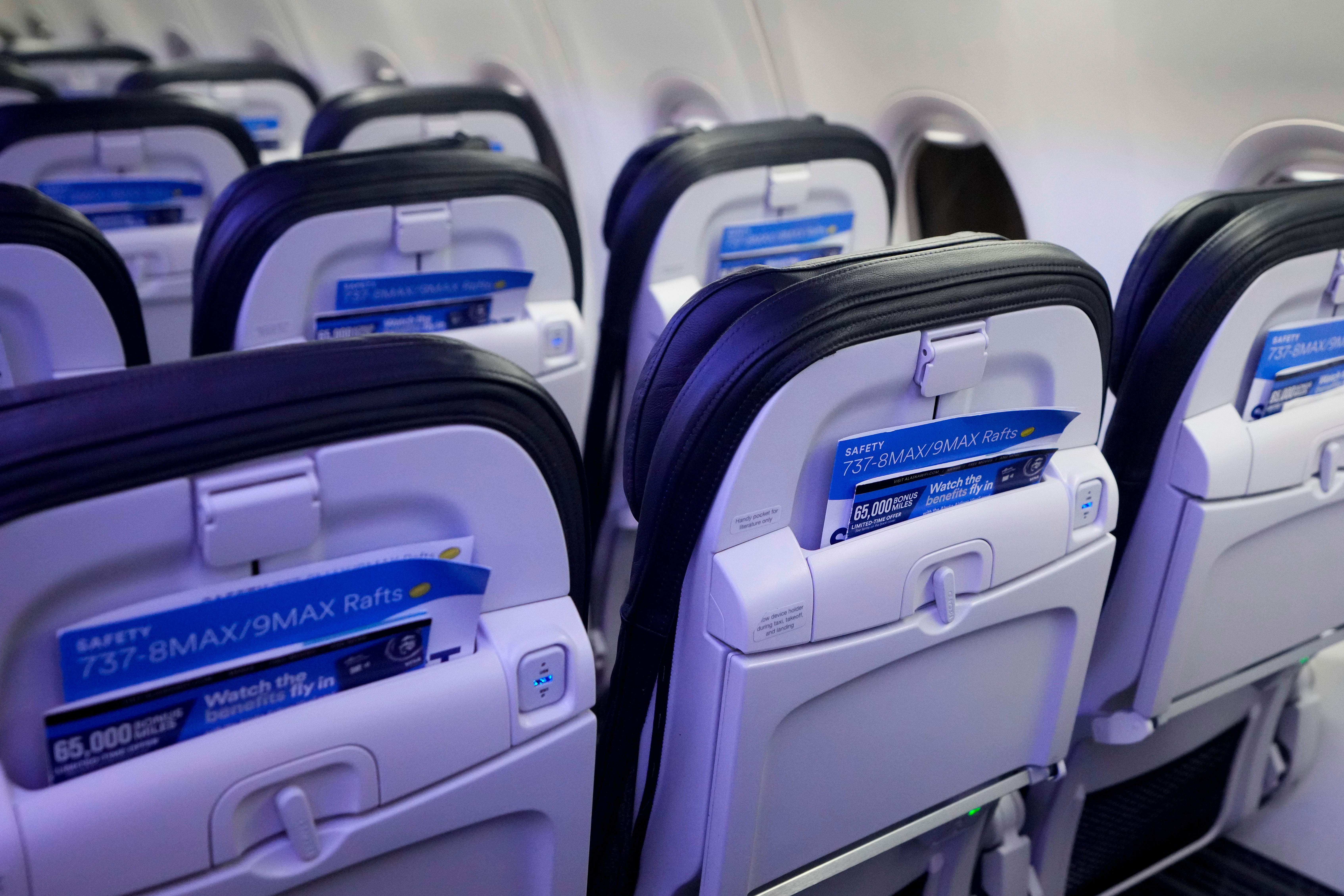This website uses cookies so that we can provide you with the best user experience possible. Cookie information is stored in your browser and performs functions such as recognising you when you return to our website and helping our team to understand which sections of the website you find most interesting and useful.
An anonymous whistleblower said they spent six years having nightmares of Boeing 787 aircraft “falling out of the sky” due to faulty engineering, concerns over which were routinely dismissed.
The individual alleged that workers were “pressured” to sign off on safety inspections that had not been completed, and said they would no longer allow family members to travel on certain aircraft produced by the manufacturer.
In a letter written to a special Senate Committee, which is investigating allegations made against Boeing, the worker said they did not want to identify themself out of concern they had been made to carry illegal work by the company while employed there.
The individual was employed as an A&P mechanic on the 787 models at Boeing South Carolina from May 2012 to January 2018. They had previous aviation experience from time spent on active duty in the Navy.
“I am writing you because I have spent the last six years having nightmares on a regular basis in which the 787s we worked on fall out of the sky,” the letter, obtained by The Independent, read.
“I wish to remain anonymous at this time because I’m concerned that management had me do work that was illegal.”

Another whistleblower, Roy Irvin, also provided written evidence to the committee. He told The Independent that, based on what he had seen during his time at the company, it was “a miracle” that more catastrophes had not occurred.
The anonymous mechanic also raised concerns about the Multi-Function Process Performer (MFPP) program which, they claimed, allowed Boeing mechanics to inspect and approve their own work.
“When I checked the work of others on the 46 and 47 [fuselage] sections they usually failed. However, when those same mechanics or their MFPP co-workers inspected their own work, they always passed,” they said.
“Another problem with the MFPP program is that as mechanics, we still had to complete our own work, which left little time for doing the inspections. At the same time, we were pressured by management to sign off on work without actually inspecting it. This happened all the time.”
The whistleblower who wrote to Congress added there had been “regular complaints” from other mechanics working on joining sections of fuselage together.
“We heard that Boeing changed the tolerances based on the failures they were experiencing,” they said.
The letter also described a time when the employee was injured on the job while performing a task they were not trained to complete.
They were assigned another task they also did not know how to do and, when they raised the concern, they were told to “just sign off the work”.
They were later fired, one week after the death of their son, the worker alleged.
“In general, the Boeing South Carolina plant was run by a good old boy network that played by their own rules. When we raised concerns that the work was not in accordance with the processes and procedures, we were ordered to just do it and told there were hundreds of others waiting in line outside the gate wanting our jobs,” the letter said.
“As I mentioned previously, I am concerned that management coerced us into engaging in conduct that was illegal, such as approving work that we had not even inspected or that we otherwise had no business approving.”

The stress of the job had forced the employee to seek psychological help and they were later diagnosed with PTSD, the letter noted.
A similar account was given by former Boeing quality control engineer John Barnett. Barnett – another whistleblower – was found dead in his truck in South Carolina in March, shortly after beginning testimony in a lawsuit against the manufacturer.
The anonymous letter concluded: “I have very little confidence that the fuselage sections and stringers were being made in accordance with the specs.
“It is because of these problems, I will not fly and will not allow my family to fly on a 787 made in Charleston, South Carolina.”
Earlier this week Boeing announced that its leaders had met with the US Federal Aviation Administration on May 30, to present its comprehensive Safety and Quality Plan. The new plan was “based on feedback from our employees, findings from FAA audits and recommendations from an FAA expert panel review,” the company said.
The Independent has contacted Boeing for comment about the multiple allegations made by whistleblowers.



 Africana55 Radio
Africana55 Radio 

